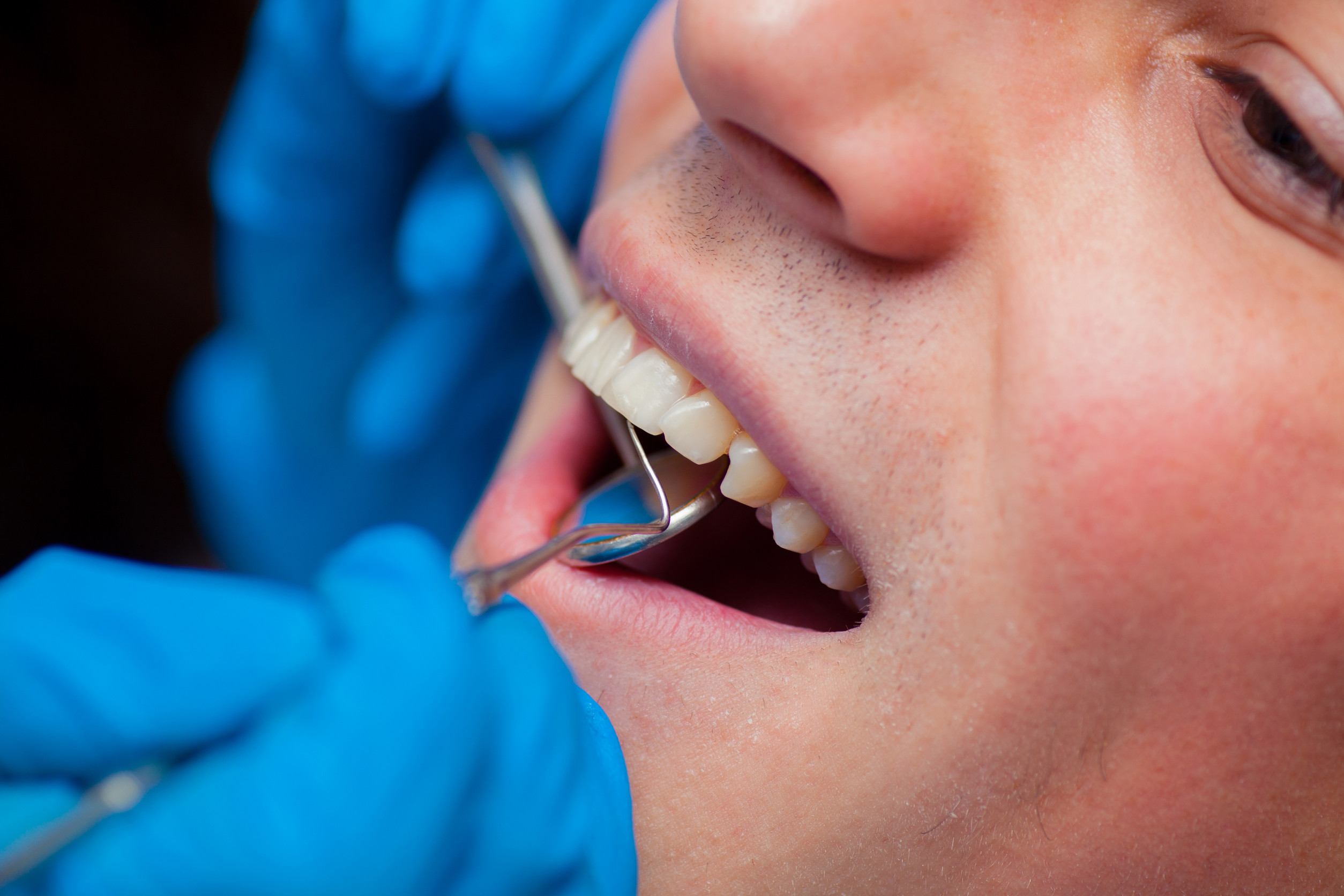What to do if I have a Chipped Tooth

A chipped tooth is a frequent problem in dentistry and can lead to severe pain if it is not taken care of in time. A tooth can become chipped or cracked for any number of reasons, from a traumatic blow to biting on hard materials to the general wear and tear that accompanies a long life of use. If you live in the Leesburg, FL area, the family dental practices in the region have multiple ways to repair the function and aesthetics of your tooth. This article provides an in-depth look at how Leesburg dentists fix cracked teeth and lists specific dental procedures and the significance of early treatment.
Possible Treatment Options
If you have a toothache or a chipped tooth, it’s important to know what your Leesburg dentist can do to fix it. Time to discuss the most common types of treatments available for cracked teeth, from bonding and crowns to more advanced restorative procedures such as dental implants and root canals. By being informed, you can make the appropriate decision and take steps to ensure the health of your mouth.
What Causes Cracked Teeth and Requires Dental Emergencies?
Cracked teeth generally occur as a result of an injury or from the effects of long-term wear and tear, which may cause dental emergencies if not addressed. Typical reasons are biting into hard objects such as nuts or ice, playing contact sports, or clenching or grinding the teeth at night. During the aging process, tooth enamel may become decalcified, making it more fragile and prone to fracture. Lack of oral hygiene and untreated cavities can also lead to cracks since teeth that aren’t strong enough can crack under pressure. If you have a cracked tooth, a Leesburg dentist can help determine the root of the crack and provide techniques to prevent future damage.
Know the cause in order to prevent additional damage. Cracks in your teeth that are not yet visible but may cause pain and/or discomfort.- All can be found through a comprehensive dental exam. Catching the crack early on allows your dentist to recommend the best course of treatment , which could be either dental bonding or crowns, depending on the extent of the crack.
Signs You Might Have a Chipped Tooth
A cracked tooth may be hard for you to find if it is small in size. But there are some signals you should try to look out for. One of the most visible signs is pain when chewing or biting, as the biting surface may be sensitive to hot or cold, indicating the need for tooth bonding to protect the surface of the tooth from damage related to grinding and clenching. The pain can be irregular; it may disappear and return. If you find that your tooth is sensitive after consuming specific foods/liquids, a crack might be the result, and that can ultimately cause broken teeth.
Additional symptoms of a cracked tooth include sensitivity to hot or cold foods, cracks or chips in the tooth itself, or swelling in the affected area of the gums. If the crack goes below the gum line, it can cause gum irritation and infections. Early treatment is important to avoid such complications. If you have any of these symptoms, it’s important to see your Leesburg dentist for a diagnosis and a treatment plan.
Importance of Immediate Dental Care for Cracked Teeth Through Emergency Dentistry
If you do have a cracked tooth, scheduling an appointment for dental treatment is crucial to avoid complications, such as those related to chipped or decayed teeth. Unattended, even a hairline crack, can grow worse over time and may result in significant dental issues like infections, root damage, or tooth loss , which typically require dental insurance as coverage. Cracks can also open up the inside vulnerable pulp of the tooth to bacteria, causing painful infections that can require more significant treatments, such as root canals or tooth removal.
If a crack reaches into the gums, the tooth could be in jeopardy. Many times, emergency dental care or emergency dentistry can save you from these things. Your Leesburg dentist can offer you the emergency procedures you need, like examining the broken tooth, conducting tests, and advising you on treatment options. Early intervention reduces the risk that you’ll need more invasive measures down the line.
The Role of Emergency Dental Care and Dental Bonding in Cracked Tooth Treatment
One of the most common ways to fix a small chip in your teeth or a small crack is dental bonding, particularly if it is one in your main line of teeth. Your dentist will bond a tooth-colored resin to the cracked tooth. This material is then sculpted to its final shape and hardened with a special light to adhere it to the tooth. Dental bonding is a great way to restore your tooth to its former appearance and can be done to match the natural shade of your teeth.
Leesburg dental bonding is great for many reasons. It is among the most affordable and quick procedures. The bonding can also be colored to match the shade of your natural teeth, which is why it’s a common choice for cosmetic repairs of visible cracks. However, some larger or more severe cracks need extensive repair; techniques such as bonding are not going to be suitable for every crack treatment, for instance, for dental crowns or root canals (especially not in the case of emergency dentistry).
How Dental Crowns Help Restore Cracked Teeth
A dental crown may be suggested for cracked teeth that cannot be treated optimally with bonding so that the tooth surface remains undamaged. Crowns are cap-type restorations that replace and cover the entirety of the tooth, providing strength and protection. Crowns are created using strong materials such as porcelain, metal, or a mix of both and are commonly utilized in emergency dentistry to repair teeth that have been badly damaged. Not only will your tooth be functional again, but we can also make its appearance equivalent to the enamel in your other teeth.
If your Leesburg dentist decides a crown is best for your cracked tooth, we’ll start by taking an impression of the broken tooth so that a custom crown can be made to match it perfectly. The tooth is then cleansed of decay or damage, and the crown is placed in the tooth. As a cracked tooth is at risk for additional damage, crowns are ideal as they protect against future problems. The crown reinforces the tooth and allows it to endure the pressure from chewing without causing further harm to the tooth’s surface.
Dental Fillings: A Quick Solution for Minor Cracks Through Urgent Dental Care
In case of small cracks that have not penetrated deep into the tooth structure, dental fillings may prove to be a fast and easy remedy. The filled-in cracked area forms a solid wall, similar to the repair of a damaged stone wall, and the filled-in crack and the rest of the tooth are now functional and of the same shape as before, like tooth bonding. Fillings can be made of composite resin or amalgam. Also popular are the composite resin fillings, which can be matched to the exact color of the natural tooth and provide an aesthetic effect similar to that of tooth bonding.
Fillings tend to be a less expensive treatment alternative to crowns and can usually be accomplished in one visit. However, they are not suitable for larger cracks, which weaken the tooth. If a small crack or chip in your tooth is what is causing the problem, a dental filling may be all that is needed to fill the hole and protect the tooth from further damage.
Root Canals for Severely Cracked Teeth
If a cracked tooth has made it to the pulp (the soft tissue inside the tooth), it can be really painful and may even need a root canal. My root canal was performed by a dentist sitting in his office under my tooth, and performing a root canal on me! Following a root canal, the tooth is usually capped with a crown for more protection.




